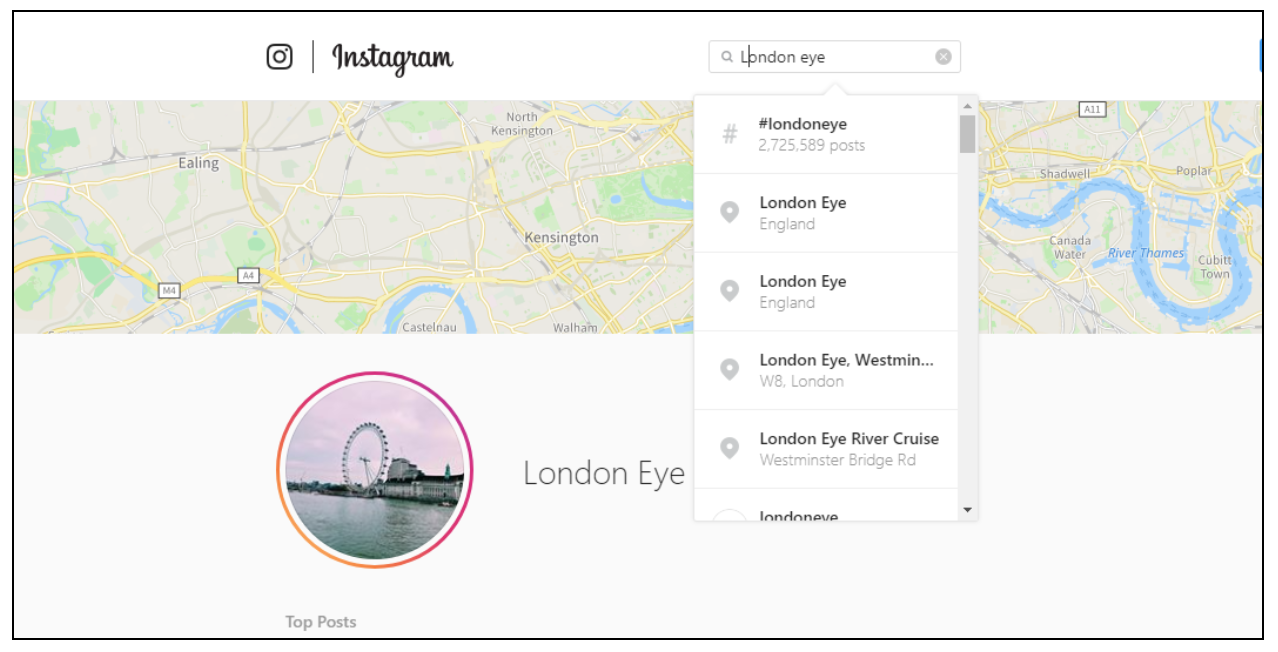MANUAL SEARCHES
Using your relevant source lists, scan for content, stories and topics. From these, develop relevant keywords: locations, terms, topics, and colloquialisms. You should build a profile of what you’re looking for – the who, what, where, when. This data set will differ for theme and topic, but once established give you a starting point for searches.
Use these terms to search for video on the known, most-used platforms, for content and for relevant reporting.
This process should be systematised — conduct a sweep of sources each day or multiple times each day to ensure all relevant leads and content are captured for analysis or archiving.
It is key to understand what people are saying and how they are saying it. Be specific with keywords:
- Don’t use words or phrases that are too common, this will create noise
- Whenever you can, use the street names, building names, and other terms used locally
- Are religious phrases used?
- Are derogatory terms used for either victims or perpetrators?
- Are common misspellings or slang terms used?
- Understanding what hashtags are being used is key to tracking stories on certain platforms, but drop the # symbol when searching manually across platforms — this increases the range of results.
- Platforms have different idiosyncrasies. Instagram concatenates keywords into one search term, for example, so understanding platform limitations is key to tailoring searches. On Instagram, a keyword search for the phrase “London Eye”, for example, will return results for the concatenated term “LondonEye”, rather than an AND search for the two keywords separately. In this case, then, it would be better to search for content geotagged to the London Eye’s location, or to consider alternative keywords.
- Use Boolean operators or advanced search tools on each platform, where available, to get the best results.

